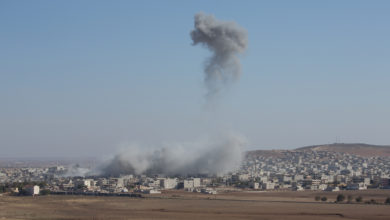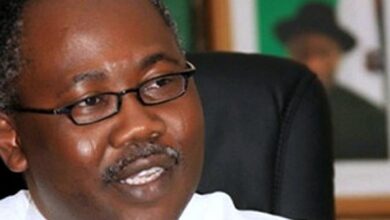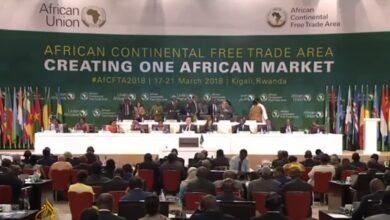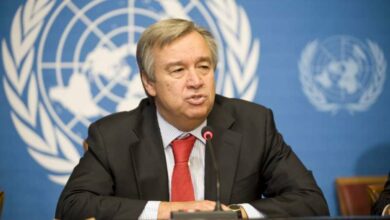World
Algeria: Former Prime Minister Abdelmadjid Tebboune Declared New President
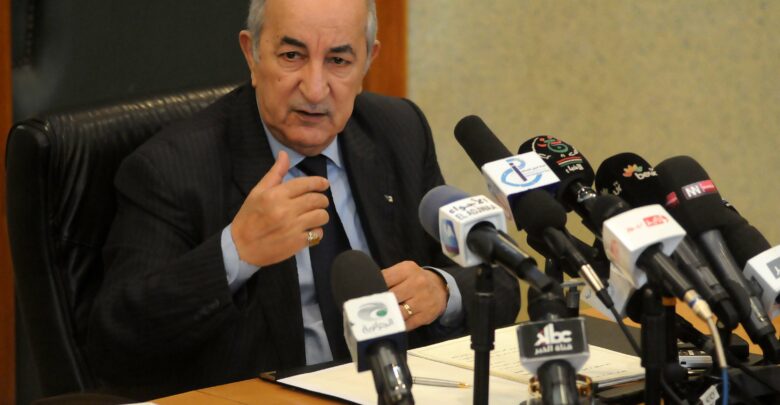
Former Prime Minister Abdelmadjid Tebboune was announced as Algeria’s new president in a vote that was rejected by the majority of the people, reported Reuters. Thursday’s poll was marred by clashes with police, a wave of arrests and protests.
The turnout in the election was seen as low, at just under 40%, suggesting that the calls to boycott were successful. The voting rate is the lowest ever recorded in a multi-party election in the north African country.
Algeria’s election authority announced the preliminary results on Friday. As per the results, the 74-years-old, Mr. Tebboune, got 58% percent of the vote, eliminating the need for a second round. But he and the four other candidates were criticized for being closely linked with deposed leader Abdelaziz Bouteflika.
President Bouteflika was forced to step down following mass demonstrations across the country. The protest movement began in February when the 82-year-old president announced that he would seek a fifth term. They have protested every Friday in the capital and other cities against any elections under the current government.
Mr. Tebboune became the prime minister in 2017 but lasted just seven months after falling out with influential businessmen. He also served as housing minister and information minister. In his election campaign, he promised to pursue taxpayer money stolen and hidden abroad and vowed that he would not pardon people who were involved in corruption probes.
Soon after Tebboune was declared the winner, the demonstrators came out on the streets in central Algiers and chanted “the vote was rigged” as they vowed to continue with the protests and rallies for the total dismantling of the political establishment.
“Tebboune is worse than Bouteflika. He’s known for being one of the thieves,” said one of the protesters. “We did not vote and we will not back down.”


